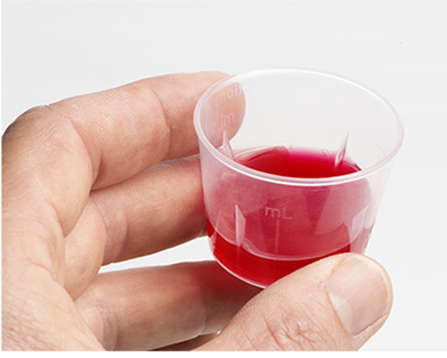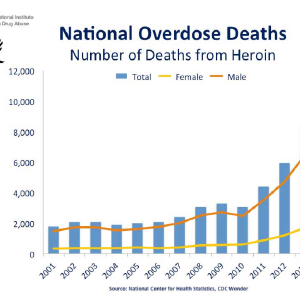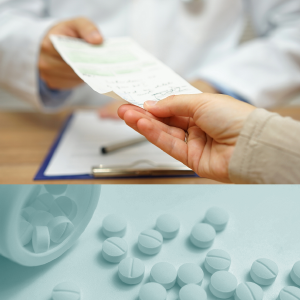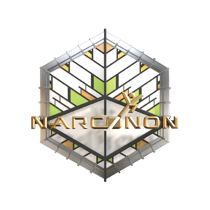There’s Addiction Treatment
& There’s Rehab
Is There a Difference?
There is most definitely a difference. And if you or a loved one wants to find recovery after addiction, it’s vital that you know this difference.
These two terms no longer can be used interchangeably. For the average person, “treatment” may imply a person going through a medical process that results in being free from the prior illness. One of the federal government’s main agencies dealing with addiction does not seem to see it this way. According to the National Institute on Drug Abuse (NIDA), “Addiction is a treatable, chronic disease that can be managed successfully.” This agency compares addiction to chronic diseases like diabetes or heart disease. To say the “disease” can be “managed” implies that it will not be overcome, it will simply be brought under control to some degree.
As this emphasis changed to “treatment” instead of “rehabilitation,” pharmaceutical companies began to market drugs to “manage” addiction to heroin or painkillers like oxycodone, morphine or hydrocodone. The drugs being used for this purpose are methadone and buprenorphine (usually sold as Suboxone).
What Do These Drugs Do?
Methadone and buprenorphine are both synthetic drugs similar to heroin and morphine. They are engineered to provide less of a euphoric high when used. When a person comes off the heroin or painkiller they were abusing and they start taking one of these drugs prescribed by a doctor, they do not go into withdrawal sickness. They can stop committing crimes to get money for drugs and they can begin to normalize their lives again.

However, there’s two major downsides to using these drugs for treatment of addiction. One is that there’s no clearcut regulations on how long these drugs may be administered. Many medical practitioners feel it’s acceptable to keep patients on them indefinitely. Sobriety – meaning being fully drug-free – is not necessarily the goal of medical practitioners involved in treating the addicted.
The other major downside is that a person who was hoping to get his life back after addiction is still drugged with an opioid drug – 24 hours a day, seven days a week. Here’s the effects that may be experienced.
- Drowsiness
- Bowel problems
- Lethargy
- Memory loss
- Low blood pressure
- Headache and dizziness
- Sexual impairment
- Stomach pain and nausea
- Difficulty breathing
- Feeling anxious or nervous
- Potential for overdose death
- Heart problems
- Liver damage
What’s more, both these drugs are themselves addictive and they are abused illicitly. And because they do not provide the same high as painkillers or heroin (buprenorphine even more than methadone), an addicted person may still try to achieve a high by adding heroin, painkillers, alcohol, benzodiazepines (like Xanax) or other drugs right on top of these treatment drugs. The outcome can be fatal.
Why Does Anyone Want to Use These Drugs?
In the last decade, these drugs have found greater acceptance among government agencies and the recovery community. There’s a simple reason why: It’s not easy to guide a person to stable sobriety after addiction. Many relapse. The frustration of government agencies, medical professionals and the public has led to the increasing popularity of these substitutes for the drugs being illicitly used.
But this means that there is no full sobriety, only maintenance on these drugs for years. The individual who wants to leave drugs behind isn’t able to experience the freshness and immediacy of life without drugs.
What Do Those Taking Them Say?
What is the actual patient experience like? Scanning some online forums of those sharing their thoughts on these treatments, we find stories like these:
On Suboxone for 4 years: “Two weeks of withdrawal symptoms, coupled with minimal sleep had brought me to my knees, and I realized I would never get off this ‘medication.’”
On Suboxone for 4 years: “I’ve experienced constipation, difficulty urinating, lethargy (usually as dose wears off), difficulty waking up in the morning, depression, yellowing/orange teeth, muscle spasms, memory has been affected… I take no other medication besides Suboxone.”
On methadone for 6 years: “I was a walking zombie in every aspect of life.”
On methadone for 3 years: “Fatigued and lethargic…I CANNOT deal with being on methadone any more. It makes me feel so trapped and depressed that my quality of life is zilch.”
Is Rehabilitation Possible?
Not many recovery programs talk about rehabilitation. At Narconon Arrowhead, this is our entire focus. What does it take to rehabilitate a former drug user? It takes repairing the damage done by drugs and the addicted lifestyle. It means helping a person find relief from the guilt suffered after neglecting family, community, career, responsibilities and their own health and futures. It means also teaching the sober living skills a person will need to navigate challenges that come up in the future.
This may sound like a lot but it happens every day at Narconon Arrowhead. For more than two decades, we’ve been helping people from all over the country regain their sobriety. And that means they are 100% sober – no alcohol and no drugs (other than those prescribed for medical conditions). They have recovered their personal integrity and self-respect. They understand how to repair the difficult situations they caused while they were addicted. And that’s really only the start of it.

Learn more about the Narconon drug rehabilitation program and what our graduates say about it. Find out why more than 10,000 people have chosen us to help them leave addiction behind in favor of a lasting sobriety.
Read about the program here and view images of how the program is delivered: the Narconon Program. And then call us to find out how we can help you or your loved one experience the joy of a drug-free life after addiction: 1-800-468-6933.


